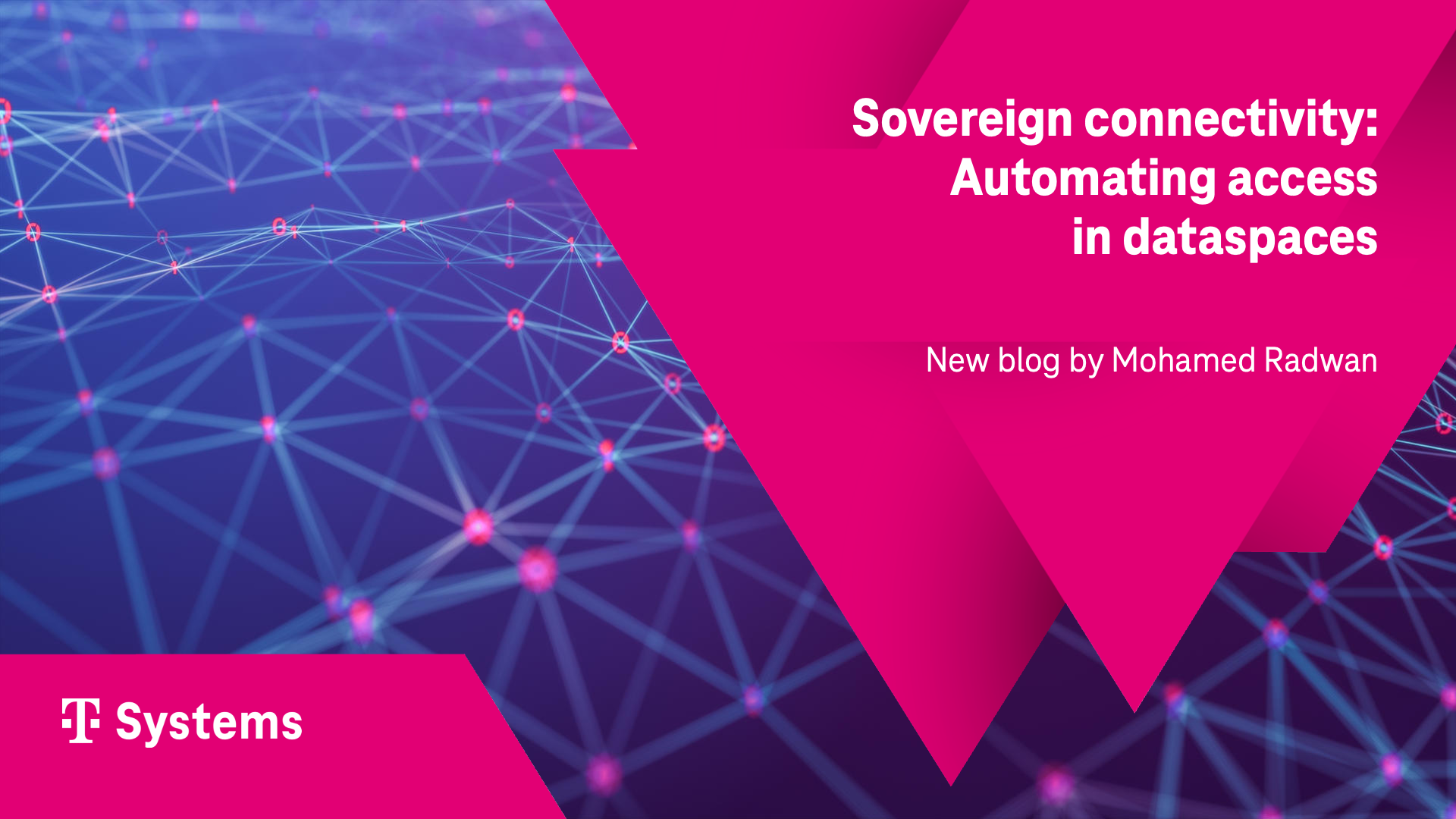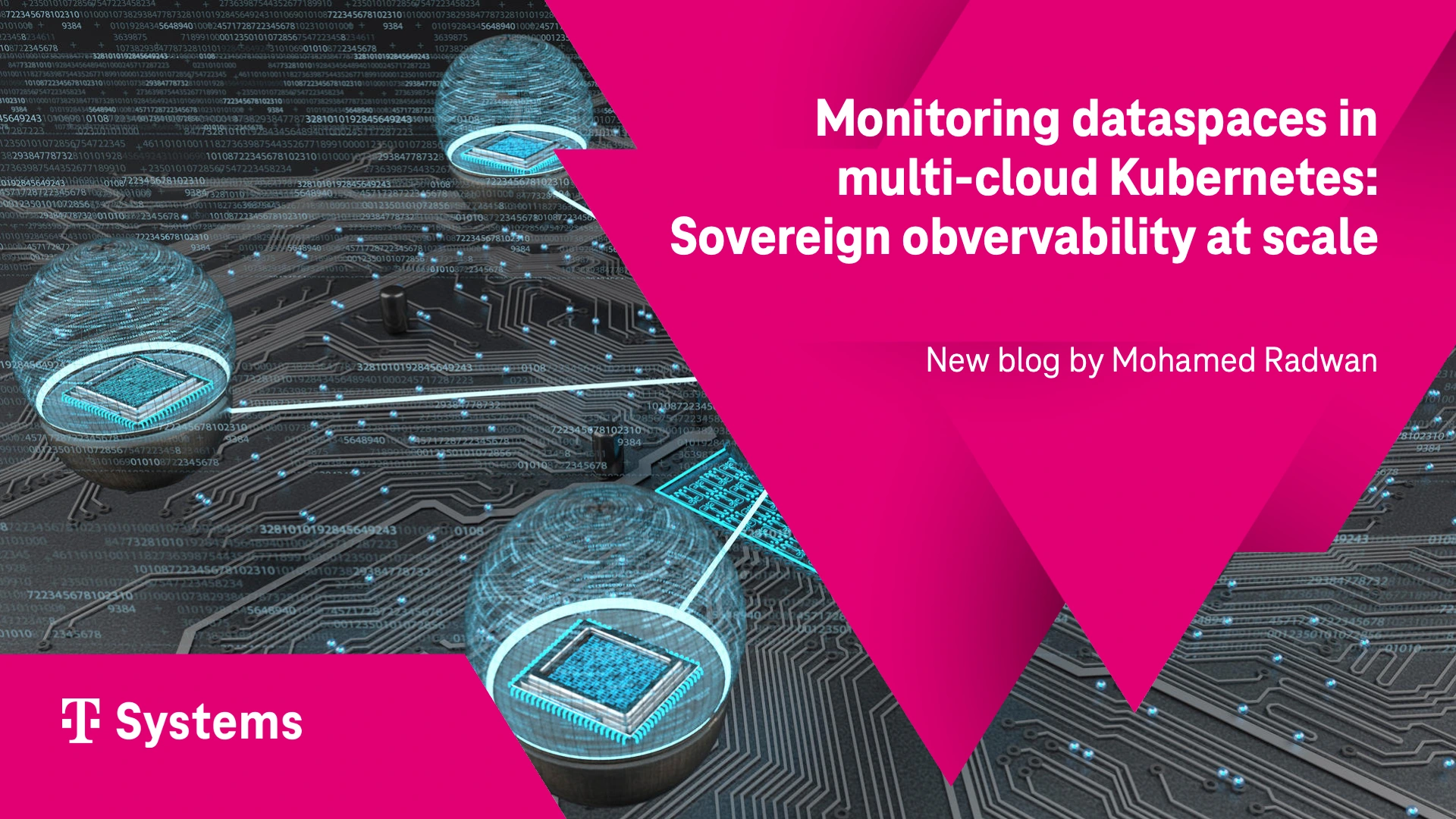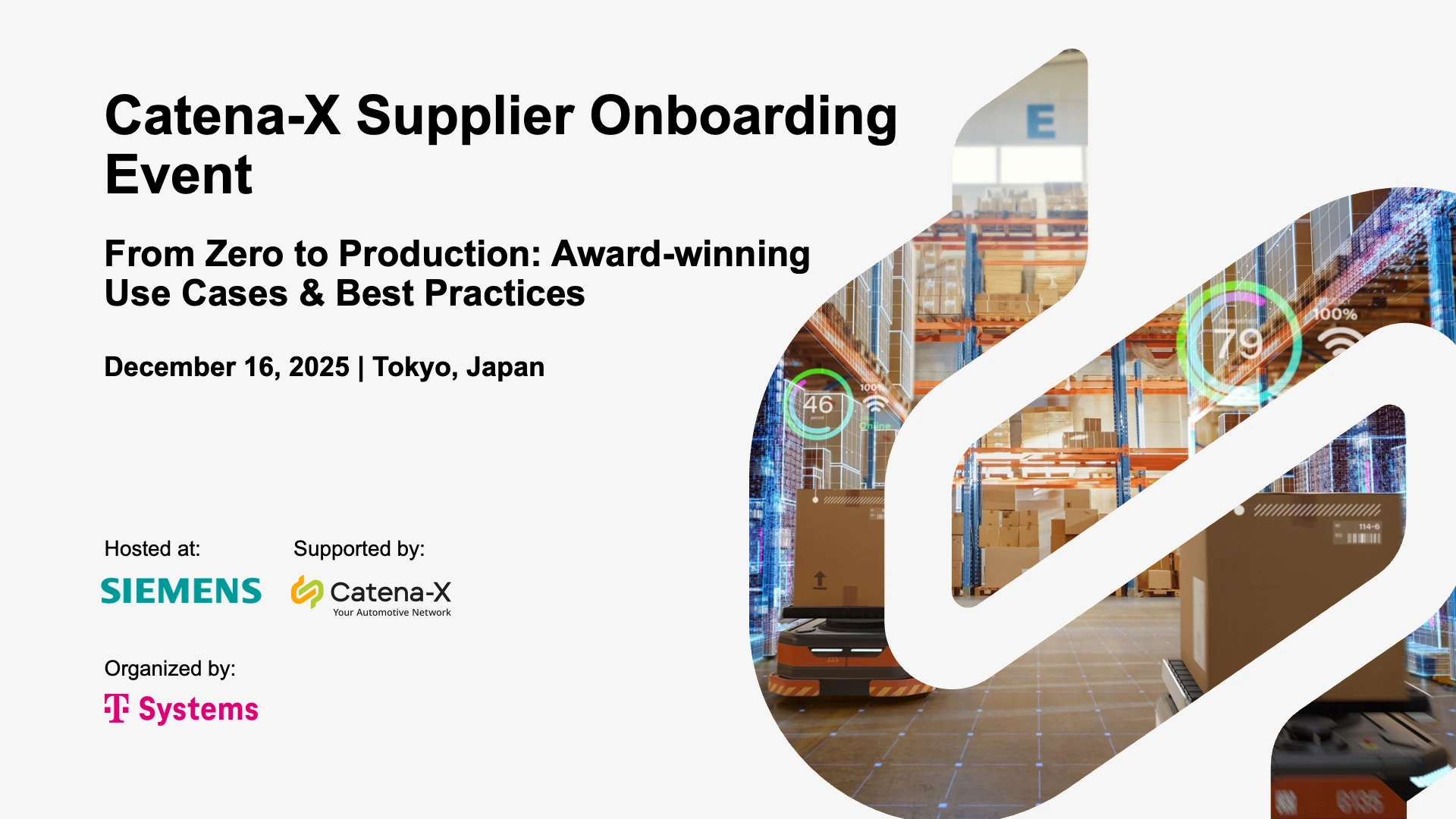Quantity
Glossary Page
Quantities in computing refer to small or large numbers that are represented using a concise, whole-number notation with SI suffixes. This notation allows for easy representation of fractional numbers using milli units, while larger numbers can be represented using kilo, mega, or giga units. For example, 1.5 can be represented as 1500m, 1000 as 1k, and 1000000 as 1M. In addition, binary-notation suffixes can be used, such as 2Ki to represent 2048. The accepted decimal (power-of-10) units are m (milli), k (kilo, intentionally lowercase), M (mega), G (giga), T (tera), P (peta), and E (exa). The accepted binary (power-of-2) units are Ki (kibi), Mi (mebi), Gi (gibi), Ti (tebi), Pi (pebi), and Ei (exbi).
https://kubernetes.io/docs/reference/glossary/?all=true
Latest Webinars
Latest Articles

Sovereign connectivity: Automating access in dataspaces
Sovereign connectivity in dataspaces requires automating network access to ensure security, compliance, and operational scale. In the Data Intelligence Hub, we replace manual firewall updates with a declarative, Kubernetes-native model using Custom Resource Definitions (CRDs). Customers define their allowed IP ranges through a self-service portal, which generates an IpAccessPolicy object representing the desired state. A controller then reconciles this state with the underlying infrastructure, automatically updating Kubernetes Ingress configurations and preventing drift. This architecture ensures auditability, validates inputs before enforcement, and keeps network access aligned with the principles of data sovereignty across multi-tenant environments.
Read more

Mohamed Radwan
Jan 15, 2026

Monitoring dataspaces in multi-cloud Kubernetes: Sovereign observability at scale
Sovereign observability is now essential as organizations operate Kubernetes across fragmented multi-cloud environments. Traditional monitoring approaches fail when logs and metrics cannot leave their originating region due to compliance and data-residency constraints. This architecture solves the challenge by decoupling storage from querying: each cloud environment writes logs and metrics to its own sovereign object storage while a central observer cluster queries them on demand. Leveraging Prometheus, Thanos, Loki, and Promtail, the system provides global visibility, secure mTLS communication, isolated buckets, and a unified Grafana experience — all without violating sovereignty rules.
Read more

Mohamed Radwan
Jan 07, 2026

From supplier onboarding to global scale: Advancing trusted dataspaces in Asia
In December 2025, T-Systems advanced Catena-X adoption in Asia through two key events: the Catena-X Supplier Onboarding Day in Tokyo and the Global Data Spaces Roundtable in Beijing. From practical supplier onboarding to large-scale automotive pilots in China, discussions focused on regulatory pressure, data sovereignty, and secure cross-company data exchange. Together with partners such as Siemens, BMW Group, BASF, and Flex, T-Systems demonstrated how trusted dataspaces enable scalable, compliant collaboration across global automotive value chains.
Read more

Sven Löffler
Dec 23, 2025





